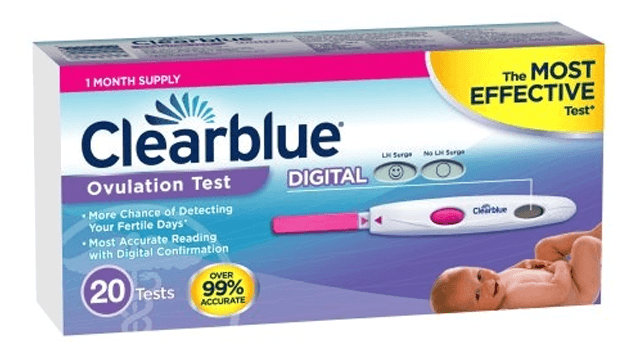Ovulation medication can be a lifesaver for many women who are having trouble conceiving. In the world of ovulation medication, there are two main types: oral medications and injectable medications. Today we are going to talk a little more about both types of medications and help you to become more familiar with them both. Claim Your 20 Free Ovulation Tests – Click Here

Some examples of oral medications are Clomid and Serophene. Oral medications are usually taken at the beginning of your cycle for five days. The way that the oral medications work is that they stimulate the production of FSH and LH, which in turn helps stimulate egg production.
Usually there are minimal or no side effects with oral medications such as fertility medications Clomid or Serophene. The side effects that do appear usually mimic actual pregnancy symptoms, such as nausea, fatigue, etc. Usually these side effects are not severe.
You can use oral medications for up to five cycles, but doctors don’t typically like you to use it for more than that. Up to 40% of women end up pregnant after 4 cycles of being on an oral medication. The birth rate for twins when taking an oral medication is around 10%, so that is a factor to remember as well. As a whole, oral medications are usually pretty well tolerated and successful.

The other type of ovulation medication is injectables. Injectable medications are normally only used after a first round try of oral medication has proven to be ineffective. There are mainly two types of injections: those that contain a combination of FSH and LH, and others than contain only FSH.
For normal cases, the injections that contain only FSH are fine to use. The real main difference between oral and injectable medications is that the injections are much more expensive. A single month of injection treatment can run up to $1000.
There is also a higher instance of twins with injections, up to 20%. But, along with that higher cost is higher success. The rate of pregnancy for injections is up to 50%. The side effects of the injections are also a little more uncomfortable, causing a lot of bloating and stomach discomfort issues.
This is just a short summary of the differences between oral ovulation medication and injection ovulation medication. Your doctor can help you determine which one is right for your family. When considering ovulation medication it is important to research all of your options to determine which one is the best option to suit your needs.










Comments